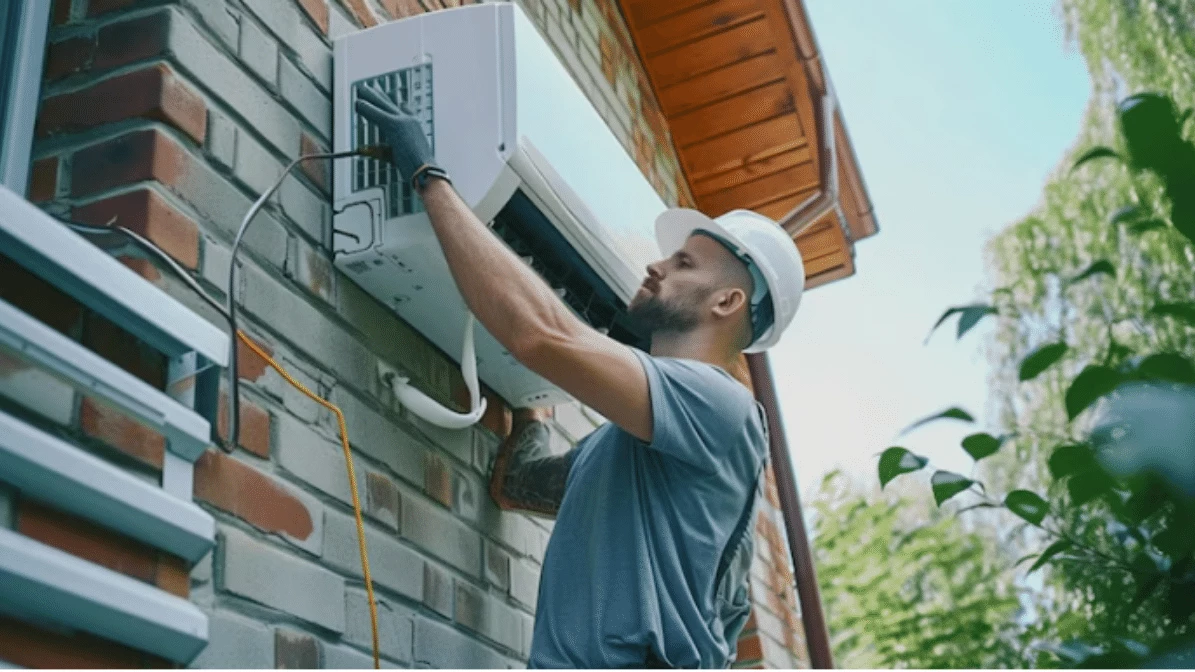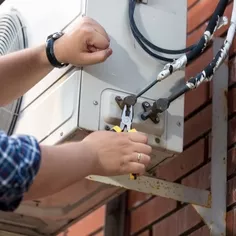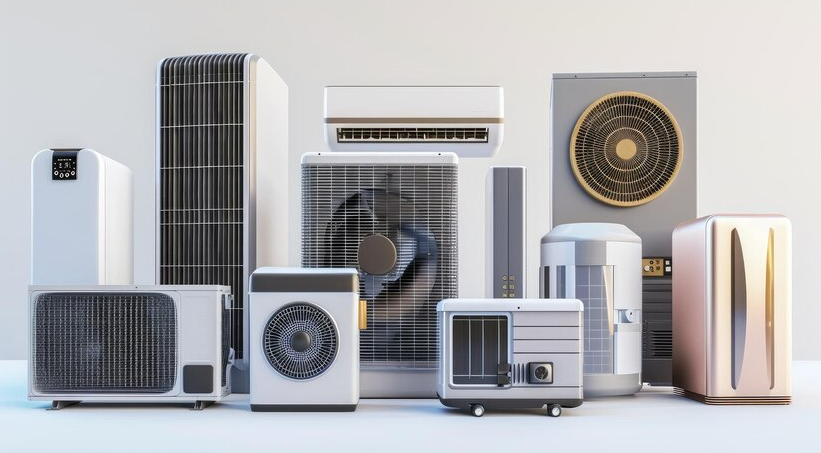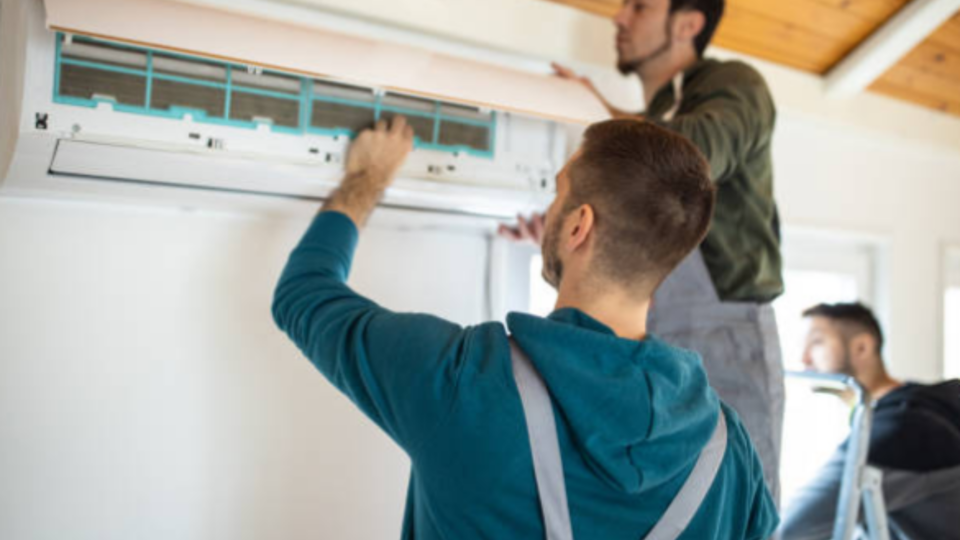Strategic HVAC maintenance plans are essential for maximizing cost-efficiency and ensuring the durability of heating, ventilation, and air conditioning systems. These plans aren’t just about fixing problems when they arise; they’re about preventing them altogether.
By staying ahead with scheduled maintenance, you’re not only saving on immediate repair costs but also extending the lifespan of your HVAC equipment. It’s like giving your system a well-deserved tune-up, ensuring it runs smoothly and reliably for years to come.
Let’s delve into the benefits of these plans, ensuring your comfort and peace of mind while keeping your pocket happy.
What are the primary benefits of implementing strategic HVAC maintenance plans?
Implementing strategic HVAC maintenance plans offers several primary benefits for homeowners and businesses:
- Improved Energy Efficiency: Cleaning or changing air filters, lubricating moving parts, and examining ductwork can boost HVAC energy efficiency. Maintenance programs keep equipment running at peak performance, reducing energy waste and utility costs over time.
- Extended Equipment Lifespan: Routine maintenance extends the life of HVAC components. Maintenance schedules save money on heating and cooling systems over time by preventing minor issues from becoming severe.
- Enhanced Indoor Comfort: Good HVAC systems provide year-round heating and cooling for home comfort. Proper equipment maintenance prevents temperature swings, uneven airflow, and other comfort issues, making indoor areas more pleasant.
- Reduced Repair Costs: Proactive maintenance detects and fixes problems before they cause equipment failure. Maintenance plans minimize emergency repairs and downtime by recognizing and fixing minor issues early, saving households and businesses money on repairs and service calls.
- Improved Indoor Air Quality: Regularly cleaning air filters, ductwork, and evaporator coils removes dust, debris, and allergens, improving indoor air quality and making homes and offices healthier. Maintenance plans keep HVAC systems running smoothly and prevent indoor air pollution and respiratory issues.
Strategic HVAC maintenance strategies improve energy efficiency, equipment lifespan, interior comfort, repair costs, and air quality. Regular maintenance and proactive servicing can save homes and businesses money and extend the life of their HVAC systems.
How do strategic HVAC maintenance plans contribute to cost savings over time?
Strategic HVAC maintenance strategies save money over time by improving system efficiency, lowering energy use, and eliminating costly repairs and replacements. Cleaning or replacing air filters, lubricating moving parts, and examining electrical components are part of maintenance schedules to keep HVAC systems running smoothly and save money. Improved energy efficiency lowers monthly energy expenditures, saving money over the equipment’s lifespan.
With planned HVAC maintenance strategies, heating and cooling systems last longer and malfunction less. Maintenance plans save costly repairs and emergency service calls by recognizing and fixing minor faults before they become significant.
Routine inspections and tune-ups let technicians spot problems early and fix them, saving downtime and repair costs. Maintenance programs lengthen the lifespan of HVAC equipment, saving homes and businesses money on initial investment.
Strategic HVAC maintenance strategies save money by improving energy efficiency, reducing repair costs, and extending system life. Regular maintenance and proactive servicing can reduce running costs and maximize long-term benefits for property owners seeking reliable and efficient heating and conditioning.
What factors should be considered when developing a tailored HVAC maintenance strategy?
When developing a tailored HVAC maintenance strategy, several factors should be considered to ensure the effectiveness and efficiency of the plan:
- Equipment Type and Age: Consider the type of HVAC equipment installed (e.g., central air conditioning, heat pump, furnace) and its age. Older equipment may require frequent maintenance to address wear and tear and ensure continued performance.
- Manufacturer Recommendations: Review the manufacturer’s recommended maintenance schedule and guidelines for each HVAC component. Adhering to these recommendations helps maintain warranty coverage and ensures optimal performance and longevity of the equipment.
- Usage Patterns: Evaluate the HVAC system’s usage patterns and demands. Properties with higher occupancy rates or longer operating hours may require more frequent maintenance to accommodate increased wear and tear.
- Climate and Seasonal Changes: When scheduling maintenance, consider local weather and seasons. Heating systems may need additional maintenance in the fall before winter, while air conditioning systems may need spring maintenance before summer cooling.
- Budget and Resources: Assess the available budget and resources for HVAC maintenance. Determine the optimal balance between preventive maintenance tasks, routine inspections and tune-ups, and reactive maintenance, such as repairs and replacements, to maximize cost-effectiveness.
- Compliance and Regulations: Ensure compliance with relevant industry standards, regulations, and codes governing HVAC maintenance and safety practices. Stay informed about any updates or regulation changes that may impact maintenance requirements.
- Property-Specific Needs: Consider property-specific factors or requirements that may influence the maintenance strategy, such as building size, layout, occupancy, and usage patterns.
- Technician Expertise and Availability: Consider the qualifications, expertise, and availability of HVAC technicians responsible for implementing the maintenance plan. Ensure technicians are adequately trained and equipped to perform maintenance tasks effectively and efficiently.
By considering these factors when developing a tailored HVAC maintenance strategy, property owners and facility managers can create a comprehensive plan that addresses the specific needs of their HVAC systems and helps maximize performance, efficiency, and longevity.
Can neglecting HVAC maintenance lead to significant long-term financial implications?
Neglecting HVAC maintenance can lead to significant long-term financial implications for homeowners and businesses. Failure to maintain heating, ventilation, and air conditioning systems can result in a variety of costly issues and expenses over time:
- Decreased Energy Efficiency: Neglected HVAC systems waste energy and raise utility bills. Dirty filters, clogged coils, and broken parts make the system work harder to maintain temperatures, wasting energy and increasing costs.
- Increased Repair Costs: Equipment faults and failures escalate without regular maintenance. Minor concerns can become serious ones, needing expensive repairs or component replacements. Emergency service calls and repairs are expensive, making delayed maintenance much more costly.
- Premature Equipment Failure: HVAC equipment wears out faster and must be replaced without adequate maintenance. Replace HVAC systems and components costs more than routine maintenance, resulting in high long-term costs for individuals and businesses.
- Health and Safety Risks: Neglected HVAC systems can cause poor indoor air quality, ventilation, and carbon monoxide leaks, endangering inhabitants. Property owners may incur medical costs and legal penalties due to respiratory ailments, allergies, and mold growth.
- Loss of Productivity and Revenue: HVAC system failures can affect commercial operations, reducing productivity, revenue, and customer satisfaction. Indoor discomfort can drive customers away, lower employee morale and performance, and hurt the bottom line.
- Legal and Regulatory Compliance: Neglected HVAC systems may not fulfill safety, environmental, and energy efficiency regulations. Noncompliance with regulations can lead to fines, penalties, and legal responsibilities for homeowners and businesses, increasing costs.
Neglecting HVAC maintenance can increase energy expenses, repair costs, equipment failure, health and safety risks, lost productivity and revenue, and legal and regulatory compliance issues. HVAC systems need regular maintenance and proactive service to stay efficient and durable and avoid costly problems.
Invest in HVAC Maintenance Plans Today!
Elite Air & Heat, LLC presents tailored maintenance plans to maximize cost savings, enhance durability, and ensure peak performance of your HVAC systems. Our expert team meticulously assesses your equipment, devises comprehensive strategies, and implements proactive measures to optimize energy efficiency and prolong the lifespan of your heating, ventilation, and air conditioning systems.
With our personalized approach, you can expect long-term savings on energy bills, minimized repair costs, and a comfortable indoor environment year-round. Trust our expertise to safeguard your investment and enjoy reliable, efficient HVAC operation for years. Schedule your consultation today!




